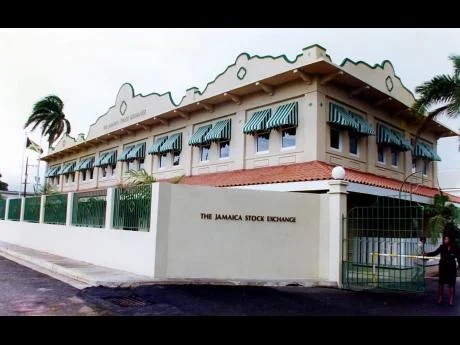Although Jamaica’s stock market is ranked as the best-performing in the world, the population of investors that trade its listed equities is small, and Marlene Street Forrest wants to see those numbers triple.
The number of investors has been growing steadily in recent years, but still falls below 200,000 accounts.
“Based on the number of account holders we currently have, it would mean that approximately 13 per cent of the adult population is investing in the stock market,” said Street Forrest, the managing director of the Jamaica Stock Exchange (JSE), on Friday.
“The levels are low,” she said “We need to aspire to having at least 40 per cent of the adult population investing in the stock market.” It will take more company listings, more product offerings, and catering to the needs of small investors.
In 2015, the year that JSE was first tagged by Bloomberg as the world’s best, the exchange recorded investor participation in the market at 129,932 accounts. By 2018, another year in which Jamaica’s stock market outperformed the world, those numbers had climbed to 199,145 accounts.
The JSE now accounts for wealth of about $1.6 trillion, which is shared among the small investor group, and much of those riches are held by institutional investors.
Don Wehby, the Group CEO of listed food and finance conglomerate GraceKennedy Limited, says that based on his own interaction and research, a large number of Jamaicans do not understand the benefits of investing in the stock market.
“The perception is that the equity market is only for large investors, which is absolutely not the case as small investors can definitely participate,” he said.
Wehby, who is also a senator and current chairman of state-operated investment promotion agency, JAMPRO, said his own analysis shows that the equity market gives a far better return than investing in fixed income securities, whether denominated in US dollars or Jamaican dollars.
“For example, in 2018 the GraceKennedy stock appreciated by 45 per cent and this does not include dividend payout,” Wehby said.
Some companies did far better last year, such as Barita, whose stock surged in value six times following on the buyout offer by investment group Cornerstone.
Additionally, multiple stocks on the exchange either grew by double or triple digits. The combined market rose 30 per cent on average.
President and CEO of Sterling Asset Management Limited Charles Ross says the low levels of investor participation could be the result of such issues as the relatively unequal distribution of income, “which results in a very small proportion of the population with the disposable income to invest in stocks”.




Leave A Comment